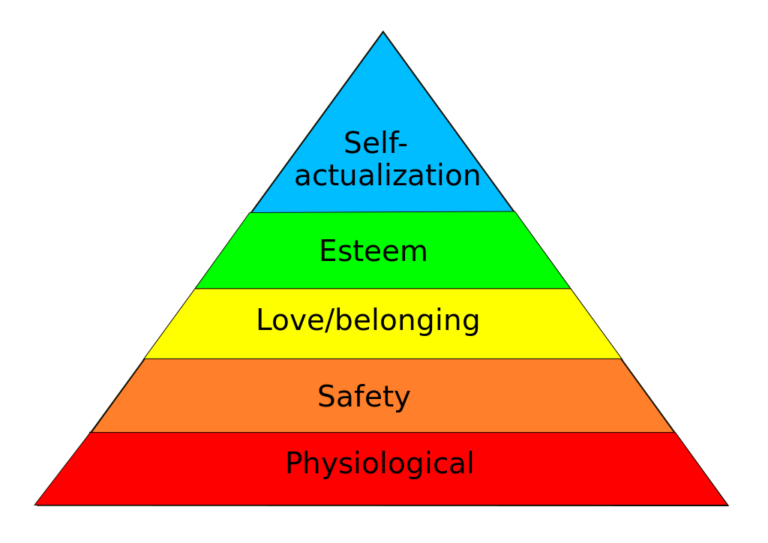Civility Linkblogging: Turkey, Canada, and The Internet
This post is part of an ongoing series that highlights discourse about civility from around the Web. We glean the links in this segment from as broad a cross-section as we can manage of blogs, newspapers, magazines, and other online venues, from the United States and around the world.
This week’s links, in part, follow a thread of discourse that has been developing since the beginning of July about civility, and civil discussion, on the Internet. They include an overview of research on how we might increase civility in comment threads. And they include a debate that is currently unfolding at The Toronto Star newspaper about whether allowing anonymous commenting is appropriate, given that it may encourage poor behavior.
The week’s links also include a discussion of some of the civility lessons that can be gleaned from the civic strife in Turkey, a conservative perspective on intemperate language in the Supreme Court’s majority opinion in the DOMA case, and a discussion that draws heavily on the work of sociologist and folklorist Gary Alan Fine about the causes of incivility in children and teenagers.
Do you have a link that you think would be right for this segment? Please do not hesitate to email it to us at [email protected]. Include the title, url, and a short summary, and we will gladly review it for publication.
Now — the list:
Readers Ask Why the Star Allows Anonymous Online Comments
Posted by Kathy English at The Toronto Star, July 5, 2013
While the Star’s digital team has put considerable and commendable effort into creating a “Community Code of Conduct” that spells out in clear terms this news organization’s expectations that commenters who want to have their say within the Star remain civil, Ferri well understands the concerns of those who believe that anonymity contributes to the incivility we abhor.
“There’s no doubt in my mind that requiring real names would reduce trolling,” he said.
There is also little doubt that requiring real names on comments would discourage some from commenting within the Star.
How Can Communication Technology Encourage Civility?
Posted by Derek Powazek at Big Questions Online, July 9, 2013
In this essay I will focus on exploring why we behave as we do online, and suggest some solutions for increasing civility. I’ll try to use as much social science as is possible. As this is a new area of research, some of the studies I reference are from other areas, but their results are apt. My central argument is that good people can behave poorly in online situations, but civil behavior can be encouraged by design.
Civility: It’s the Glue That Holds Society Together
Posted by Chris Hannay at The Globe and Mail, July 12, 2013
What is civility on a grand scale?
Civility is that moment when two groups who have been fighting for a very long time reach a stalemate, so they decide to agree to stop trying to kill each other and live with each other. To allow a certain measurement of disagreement. More than anything, it’s the idea of toleration.
Root Out Rude Behavior by Setting Example for Children
Posted by Bill Stanczykiewicz at The Salem Leader, July 15, 2013
Instead of celebrities or civic leaders, authoritative communities depend on parents, extended family, neighbors and community members. These caring adults exemplify and set clear rules and expectations, celebrate when these standards are met and immediately offer clear, even-tempered correction when they are not.
The best communication occurs when adults model the civil behavior they want young people to emulate, and members of the authoritative community realize that child development takes a long time.
Time For Internet to Grow Up
Posted by Nina Munteanu at The Toronto Star, July 6, 2013
Now it’s time for the Internet to grow up. To be sure, this boiling pot of largely unrestrained creativity has generated a vibrant revolution of free expression. The Internet culture currently flourishes with unique creativity and freedom within a chaotic sea of possibility. As an ecologist and follower of complexity theory, I see this as a good thing. But I also see the need for natural succession to occur.
How the Star and other media organizations treat this step in our online evolution may help shape the very freedom that Internet society so values. How we treat anonymity is the key.
Civility Must Start at The Top
Posted by David Nammo at The Washington Times, July 16, 2013
This is not to argue the legal merits of the DOMA. It is, however, voicing a word of warning about using the type of rhetoric the Windsor majority did. In both the short and the long run, it will serve no one’s legitimate purposes to demonize those holding opposing views or to declare those views on marriage “off limits” to debate. It is possible — indeed, essential — for those who support same-sex marriage to respect those who support traditional marriage, and vice versa. Vilifying opponents does not further the “evolution of equality.” Rather, it erodes that evolution and our civil society along with it.


New post by me for The Civility Blog: “Civility Linkblogging: Turkey, Canada, and The Internet.” READ! http://t.co/imr7KOi2kZ
New post by me for The Civility Blog: “Civility Linkblogging: Turkey, Canada, and The Internet.” READ! http://t.co/ka4jiWzNqd
RT @CivilGovernment: New at The Civility Blog | Civility Linkblogging: Turkey, Canada, and The Internet http://t.co/WHSQmmSOR1
RT @CivilGovernment: New at The Civility Blog | Civility Linkblogging: Turkey, Canada, and The Internet http://t.co/WHSQmmSOR1